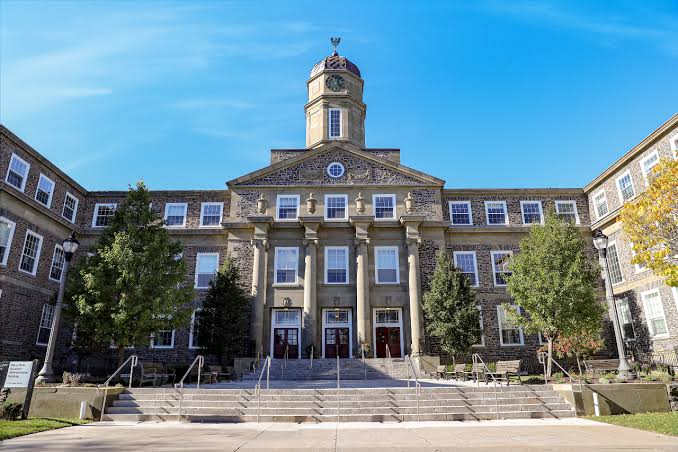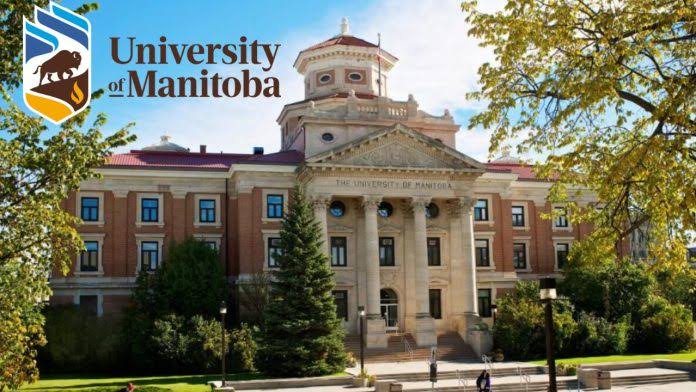As of mid-2025, Canada’s graduate scholarships tailored for Indigenous students—such as the Canada Graduate Scholarships – Master’s (CGS‑M) with supplements, and institutional Indigenous graduate awards—are making measurable contributions to closing educational gaps and empowering Indigenous communities. These initiatives not only provide financial support but also foster a sense of belonging, academic resilience, and long-term community impact.
Enhanced Access and Retention
Canada’s Indigenous Scholars Awards and Supplements Pilot Initiative, tied to the CGS‑M program, offers up to $27,000 in master’s funding and an additional $5,000 supplement, even for alternate (waitlisted) candidates. This pilot encourages more Indigenous applicants to compete at a national level and enhances accessibility to graduate study.
Additionally, universities like UBC, Concordia, and others offer their own Indigenous graduate awards—with stipends up to $25,000 per year for PhD students or $17,500 per year for master’s students—plus tuition coverage. These awards reduce the financial barriers still faced by many Indigenous students, particularly from remote or low-income communities.
Recipients of these awards often report improved enrollment and retention rates. With reduced financial stress, students are able to accept graduate offers, remain enrolled full-time, and complete their programs more successfully.
Cultural Empowerment and Sense of Belonging
Scholarships for Indigenous graduate students frequently include cultural supports—mentorship, peer networks, and services rooted in Indigenous traditions. Such support helps students maintain their cultural identity, feel valued, and navigate institutions that historically lacked meaningful Indigenous representation.
These holistic approaches—addressing both finances and community—enhance academic well-being and contribute to reconciliation and Indigenous self-determination goals.
Academic Achievement and Leadership
Indigenous graduate funding programs are a catalyst for producing Indigenous leaders in research, academic, and community spheres. Graduate students funded through these programs often become agents of change: publishing research relevant to Indigenous knowledge, health, environmental stewardship, and social innovation.
Initiatives like the Research Knowledge Nest by Indspire train Indigenous scholars in data science and knowledge creation, helping support Indigenous-led research priorities and capacity-building in communities. Similarly, programs like the IBET PhD Project, which funds Indigenous and Black PhD students in STEM with financial support and mentorship, aim to increase representation in high-demand fields.
Community and Economic Development
Beyond individual academic success, these scholarships support broader community benefits. Educated Indigenous scholars bring specialized skills back to their home nations—serving as researchers, policy advisors, educators, and innovators. This aligns with the distinctions-based post-secondary education strategies led by Indigenous Services Canada, which emphasize community-driven learning, economic control, and youth opportunity.
Graduate scholars often contribute to social entrepreneurship, local governance, health initiatives, and cultural programming—helping empower Indigenous nations and drive socioeconomic growth.
Benefits at a Glance
- Financial Access: Enables full-time graduate enrollment and degree completion
- Cultural Support: Strengthens identity, belonging, and resilience
- Academic and Research Capacity: Produces Indigenous scholars active in meaningful research
- Community Empowerment: Builds leadership and capacity within Indigenous communities
Challenges and Considerations
Despite progress, gaps remain:
- Unequal access: Scholarships are often competitive and may favor applicants with existing networks or institutional support. Not all Indigenous students, especially those from remote or highly disadvantaged areas, have equal awareness or preparation.
- Perceived equity concerns: Some critics question ethnicity-based scholarships, though supporters view these initiatives as needed steps toward correcting systemic inequities.
- Funding capacity: While national programs like Indspire have disbursed millions, they still serve a fraction of the Indigenous graduate population. Demand often outstrips supply.
Continued expansion of funding, outreach to remote communities, and streamlined application support remain important priorities.
Looking Ahead: The Road Forward
Increasing funding and institutional support in 2025 and beyond will further amplify positive outcomes:
- Expansion of Indigenous scholars supplements alongside tri-agency awards may extend to PhD levels
- Broader adoption of culturally grounded support services—including dedicated mentorship, Elders guidance, and Indigenous peer networks—will continue to improve student success
- Integration of Indigenous graduate data into national indicators may guide more meaningful policy change and funding decisions
- Strengthening partnerships with Indigenous-led institutions—such as Aboriginal institutes and community-based colleges—will broaden access pathways
Final Thoughts
Scholarships designed for Indigenous graduate students in Canada are more than financial awards—they represent concrete investments in talent, knowledge, cultural resilience, and nation-building. These programs play a vital role in equipping future Indigenous researchers, leaders, and professionals to meaningfully contribute to their communities and the broader Canadian society.
Through equitable access, cultural alignment, and leadership cultivation, Indigenous graduate scholarship programs are reshaping Canada’s academic landscape and strengthening Indigenous self-determination through education.




Wow nice.
Interesting